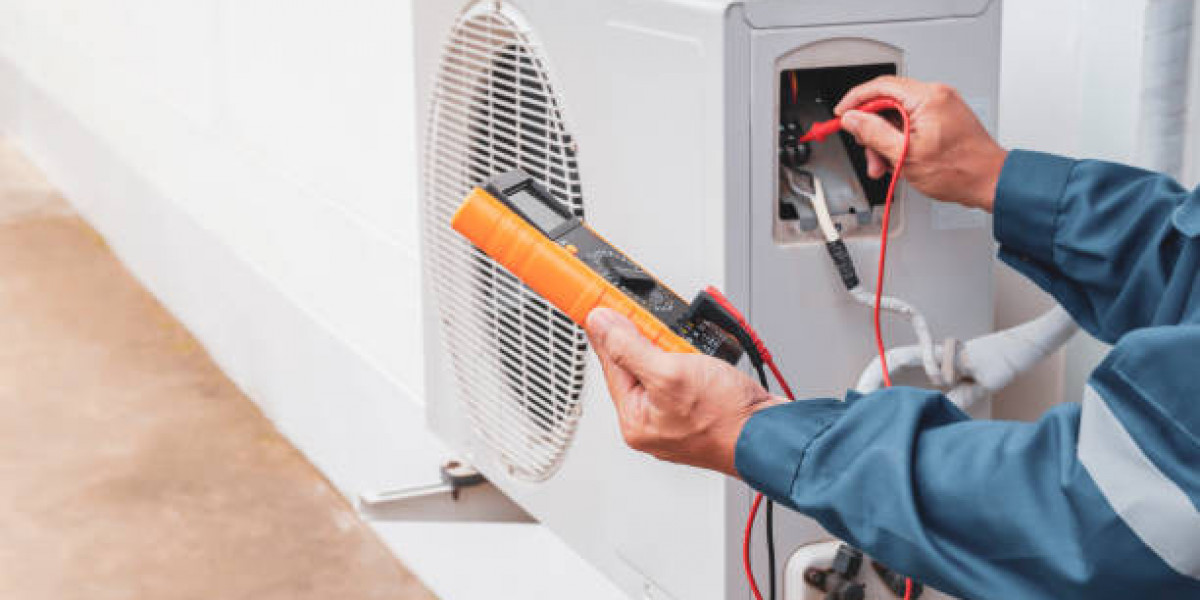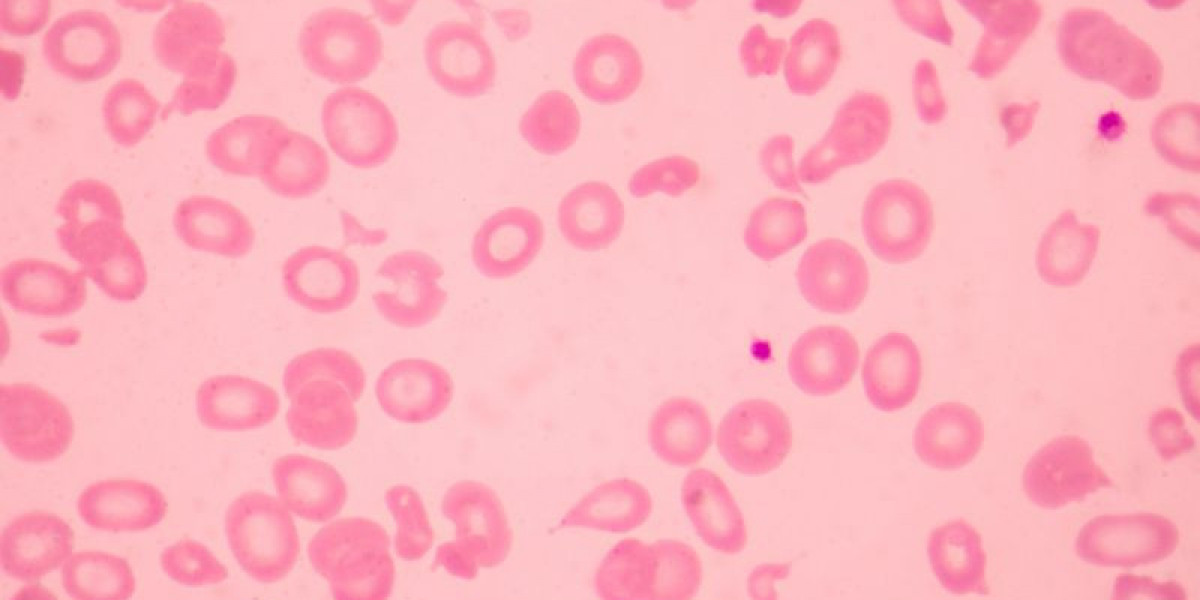Your air conditioning (AC) system becomes crucial for preserving home comfort as the temperature rises. Like any complicated device, AC units can, however, wear and strain over time and might develop problems that, left untreated, could cause a total breakdown. Early warning indicators and preventative action can help you avoid expensive repairs, uncomfortable interior conditions, and—at last—longer system lifetime. If you're experiencing issues, it’s important to seek AC repair in Pearland to ensure your system is serviced promptly. Here we look at the main signs your AC might be close to failing and provide doable advice to keep it functioning effectively.
Lower Cooling Performance
A clear decrease in the cooling performance of your AC is one of the first indicators of trouble. Your unit can be having an internal problem if it used to rapidly chill rooms now takes more time or doesn't seem to reach the desired temperature. Many things could be causing this decline in efficiency, including compressor problems, low refrigerant levels, or clogged filters. Early addressing of these problems helps to avoid a complete collapse and reduces additional system stress.
Check and change air filters often—usually every one to three months—and plan annual maintenance with a qualified HVAC expert to maintain effective cooling of your AC. This guarantees that, for best performance, your compressor, refrigerant levels, and other parts are checked and cleaned.
Odd Notes from the Unit
Unusual sounds from your AC—such as grinding, rattling, or hissing—may indicate that something is not right. While grinding or screeching may be indicators of motor or fan problems, hissing sounds could point to a refrigerant leak. Ignoring these sounds could cause major damage since they typically indicate that a component needs replacement or repair.
Consider the sound patterns of your AC; if something sounds strange, don't hesitate to call a technician. Early addressing of these disturbances helps to solve minor problems before they cause significant, expensive repairs.
Odd smells in your house.
Bad smells from your air conditioner might point to several different issues. While a burning scent can indicate an overheating component or electrical problem, musty or moldy aromas could point to extra moisture or mold in the system. Ignoring these smells might damage indoor air quality and cause possible health problems, particularly in cases of mold involvement.
Regular inspections of your AC system help to avoid moisture buildup and guarantee that all electrical connections are sound. Regular maintenance inspections will enable early identification and resolution of causes of unwelcome smells, therefore maintaining the freshness and safety of your air for breathing.
Rising indoor humidity
Apart from cooling the air, air conditioning systems eliminate too high humidity. This could suggest a problem if you find that your house seems more humid than usual even with the AC running. High humidity can make your house seem more pleasant and uncomfortable as well as indicate a struggling or incorrectly sized AC unit for your space.
Plan frequent maintenance to guarantee proper operation of the evaporator coil and other parts of your air conditioner. If necessary to maintain the cool and comfortable indoor environment, a specialist can recalibrate the system.
Growing Energy Prices
Often a sign that your AC is running more than it should be is a sudden rise in your energy bills without matching increase in use. Higher bills follow from the system using more energy to accomplish the same degree of cooling when AC components wear down. This may result from anything from a more major mechanical problem to a blocked filter.
Watch your monthly energy bills; if they start to grow unannounced, think about arranging an energy audit or HVAC check. Although regular filter replacements and cleaning help to increase energy efficiency, a specialist may have to look for more serious problems to guarantee the operation of your unit.
Regular Cycling In and Out of Action
If your AC is turning on and off more often than usual, it may be a sign of short cycling—a disorder whereby the unit struggles to finish a complete cooling cycle. Among the several causes of short cycling could be thermostat troubles, refrigerant leakage, or perhaps unclean filters. Ignored, it might cause the AC to wear more, efficiency to drop, and finally a total breakdown.
If brief cycling continues, have a professional check the system; routinely check and clean the thermostat, make sure it is positioned away from heat sources. Early resolution of these problems will enable the AC run more smoothly and increase its lifetime.
Water Runs Around the Unit
Should water accumulating surround your air conditioner, this could be the result of a broken or blocked condensate drain line, which removes moisture produced during the cooling operation. If left unaddressed, this might cause mold development and water damage all throughout the apartment.
Check your apartment often for any evidence of water leaks; also, routinely clean the condensate line. Although a clogged line is usually straightforward to clear, if a leak is more severe a technician may have to replace or repair components.
Finish
Often preventing a significant AC repair or replacement comes down to early warning sign identification and quick action. From lowered cooling and unusual sounds to rising energy bills and more humidity, every sign suggests possible problems that, if addressed early on, might save you time, money, and the hassle of a malfunctioning AC unit. Understanding the mystery behind common causes of residential AC breakdowns can help pinpoint issues before they escalate. Keeping your AC in great shape and guaranteeing a comfortable indoor atmosphere all season long depend mostly on routine maintenance, frequent filter changes, and professional inspections.









